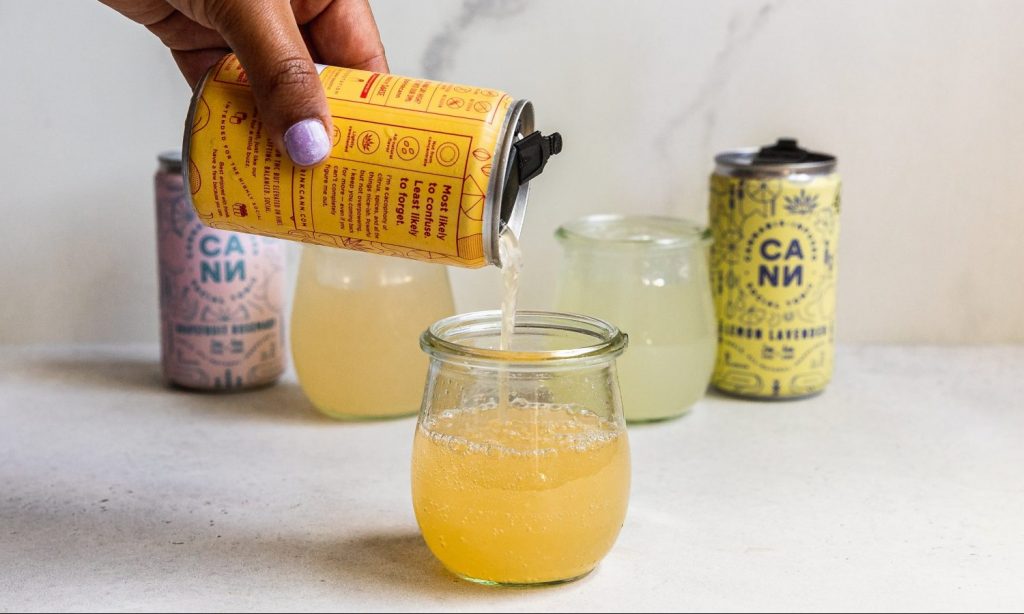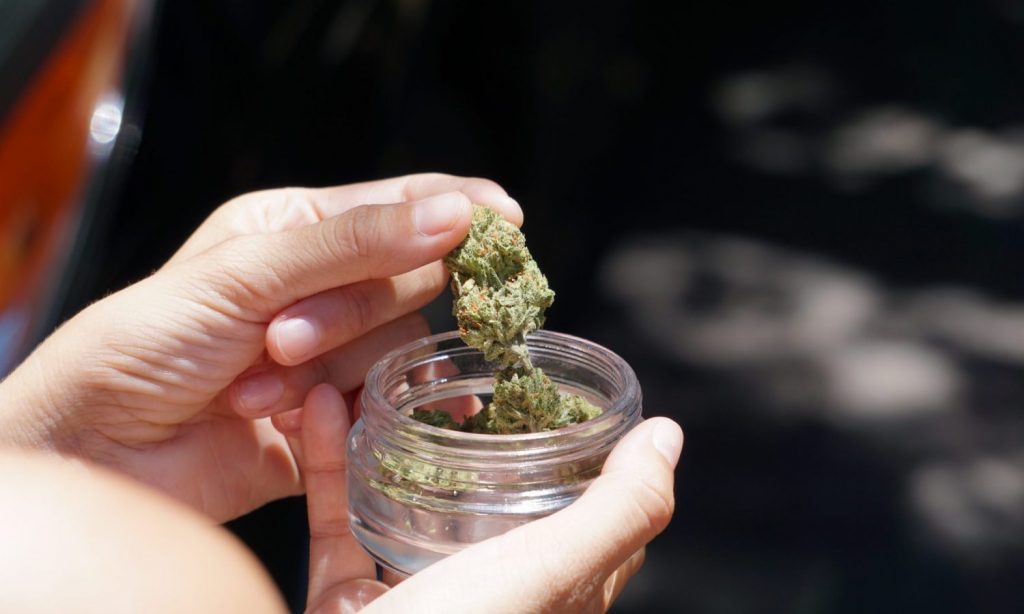On July 1st, recreational cannabis will become legal in the state of Virginia. But what will that actually mean?
That’s the question cannabis-enthusiasts in the state have been asking ever since Virginia legislators legalized the possession of up to an ounce of marijuana for adult recreational use this February. Originally, retail sales were set to begin in 2024, but outcry ensued over the three-year wait before ending pot possession penalties, so in April they voted to move up legalization to this July 1.
Adding to the confusion: lawmakers included a “reenactment clause,” which means the General Assembly will have to vote again next year on major portions of the law, mainly to establish a regulatory framework for the legal marijuana marketplace.
The process has resulted in some contradictions that may not get resolved until years after legalization begins. It’s not surprising that advocacy groups have been flooded with calls from people trying to understand exactly what will be allowed under state law in July.
Sen. Adam Ebbin, one of the lead sponsors, said people need to understand the law’s limits for now. Possession of up to one ounce (28.3 grams) with no intent to distribute will become legal for adults, 21 and older. Adults will also be allowed to grow up to four marijuana plants per household. But not much else will change.
Copyright
© 420 Intel






